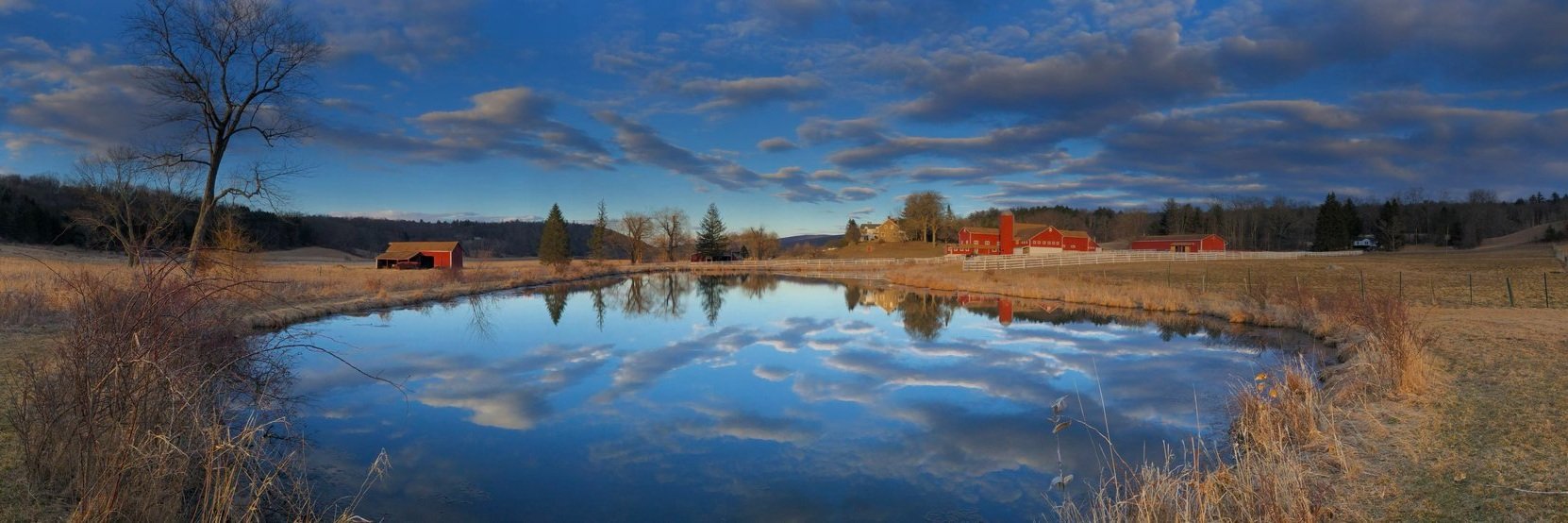Top 10 Reasons to Go Vegan as an Environmentalist
1. One person going vegan for a month can save 620 lbs. of carbon emission, 913 sq. ft. of rainforest, and 33,481 gallons of water. Multiply that by 12 months in a year, or the years in a lifetime…and veganism can, literally, save the world.
2. Farming animals is not sustainable for a growing planet. According to a 2018 study, there were about 70 billion farmed animals in the world—and that number is growing as our population grows. If every country adapted a standard US diet, we would need to use 137% of habitable land to support all those animals. It can’t be done. Let’s get into it.
3. Agricultural systems are a leading cause of animal extinction, ocean dead zones, water pollution, and habitat destruction. A vegan diet is sustainable, and is the only action you can take that minimizes every one of these deadly problems simultaneously.
4. As of 2019, cow farming alone accounted for 80% of the rainforest destruction in the Amazon. Each day, about 10,000 acres of rainforest are cleared to make room for grazing cattle, or to grow their food. This paradise of trees has always been a carbon sink, reducing global warming. However, recent studies have shown that so many trees have been cut for grazing, that sections are now adding carbon to our atmosphere. This is incredibly dangerous for life on Earth: what was our main carbon sink is now contributing to global warming.
5. There is no need for anyone to go hungry. We have enough food on the planet to feed 10 billion people. However, because 60% of food grown on our planet goes towards feeding animals used as food, we still have food insecurities on a global level.
6. Farmed animals are usually fed plants. In other words, animal agriculture converts plant protein to “animal products”. This is inefficient. Beef, for example, contains about 3.8% of the plant protein eaten by a cow. We can cut out the middle man (meat), and take in 96.2% more through more plant-based protein.
Every single nondairy milk, including almond milk, requires less water and land, and contributes less to global warming.
7. While many countries around the world reported their worst droughts in years, we continue to use about 20% of the global water supply for livestock. Meanwhile, animal ag. causes water pollution. Untreated manure is sprayed onto crops, stored in open lagoons, and pollutes water through its many leaks and runoffs.
8. Nitrous oxide emissions are almost 300% more destructive to global warming than the infamous carbon dioxide. The vast majority of N2O emissions comes from the agricultural sector. This includes manure and all crops grown, including the 60% that feeds farmed animals.
9. Greenhouse gas emissions.
Click the graphic to see each food in detail, or in the graphic format that you prefer. No matter how you look at it…animal agriculture is top of the environmental offenders.
For a more extensive list of foods, see this chart.
10. We may have fishless oceans within 26 years. That makes sense, since each year, the fishing industry unintentionally catches and discards 10.5 million tons of fish.
Back to the number one reason - One person going vegan for a month can save 620 lbs. of carbon emission, 913 sq. ft. of rainforest, and 33,481 gallons of water. Multiply that by 12 months in a year, or the years in a lifetime…and veganism can, literally, save the world.
The lake at Tamerlaine Sanctuary



